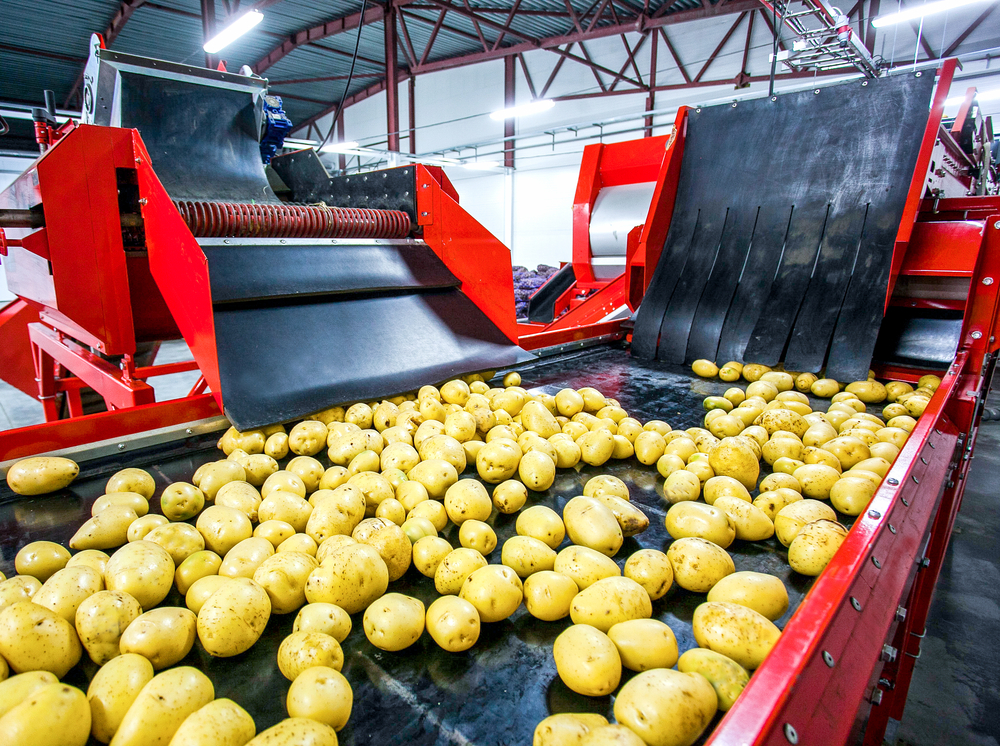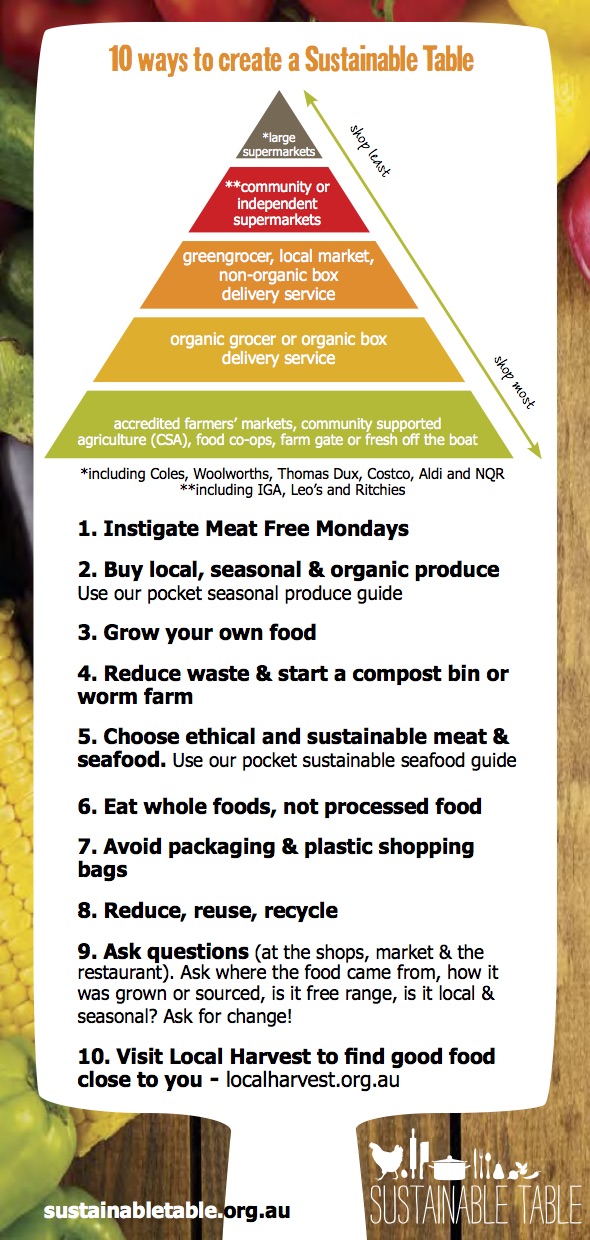Can you cut 1 Tonne of carbon pollution out of your life?
Take the challengeHere at 1 Million Women, we talk a lot about how consuming less and purchasing products in a certain way will reduce your carbon footprint. Being conscious of these actions and making positive choices has a large impact on our carbon footprint because of the fossil fuels and greenhouse gasses emitted in the production, growth and transportation of the product.
Today we're addressing 'Food Miles' in our groceries, why you should be conscious of them, and how you can reduce them.
The term 'food miles' refers to the total geographic distance food is transported between their cultivation, processing and to the consumer at the point of sale. Put simply, it's way of measuring how far your food had to travel to get to your plate.
These days we're able to head down to the supermarket and purchase a vast array of foods from all over the world, no longer restricted by local environmental factors and/or the seasonality of a product: you can get flowers from Africa, fruit from Europe, snacks from Asia and spices from South America.
These luxuries come at many unseen costs, thanks to the carbon emissions as a result of the production and use chemicals, the raising of livestock, the highly mechanised means of production, and the transportation, processing, packaging and retailing of food products.

How can I reduce?
Our friends over at Sustainable Table have created this guide which provides an excellent checklist for shoppers looking to reduce their food miles.

You can also check out Sustainable Table's handy guide to seasonal produce, making it easier for you to plan meals and shopping lists when you hit those local growers markets on the weekends. To see more of their seasonal produce guide, click
here.
READ THIS NEXT: Are Farmers Markets & Food Stalls Better At Avoiding Waste Than Supermarkets?
Images: Shutterstock
